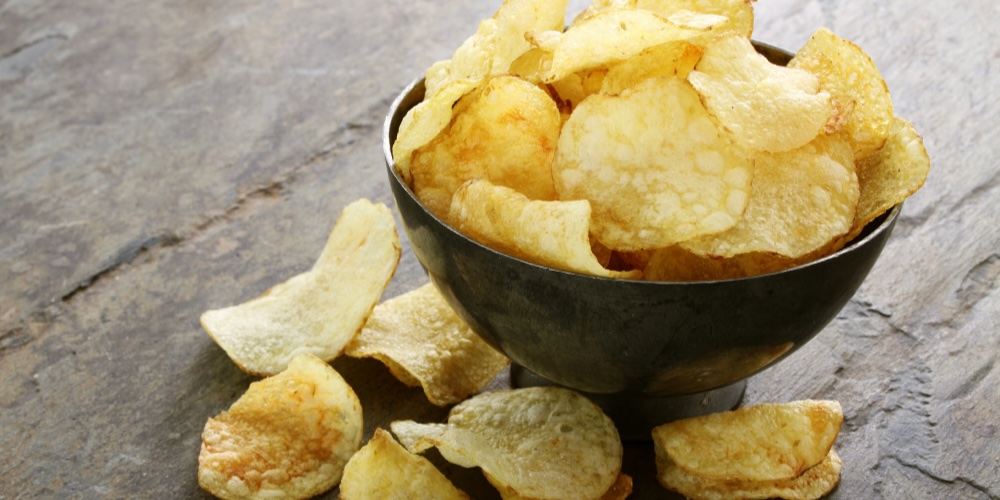Scientists Have Figured Out How To Make Chips and Fries Healthier-ish!

A team of scientists from Michigan State University discovered a mechanism that could lead to more nutritious and tastier potato varieties — chips and fries included — even when stored in cold conditions, enhancing the overall quality.
Producers of potato-based products store their tubers in cold environments to meet government-regulated food safety conditions; the low temperature triggers a process known as cold-induced sweetening (CIS), which converts starches to sugars.
The CIS process makes potatoes a touch more palatable, but it also leads to the formation of acrylamide — a carcinogenic compound that has been linked to an increased risk of cancer, among other health concerns — once they’re cooked at high temperatures.
Researchers were able to root out the problem by identifying the specific gene responsible for CIS as well as the regulatory element that activates it in cold temperatures, and halting the process before it starts.
Basically, by studying how this gene turns on and off, we open up the possibility of developing potatoes that are naturally resistant to CIS and therefore will not produce toxic compounds, scientists explain…
“It has the potential to affect every single bag of potato chips around the world.”
The next steps for scientists is to create CIS-resistant potato lines through gene editing or other breeding techniques…
Beat FOMO by being in the know!
Sign up for our newsletter today and never miss a beat.







